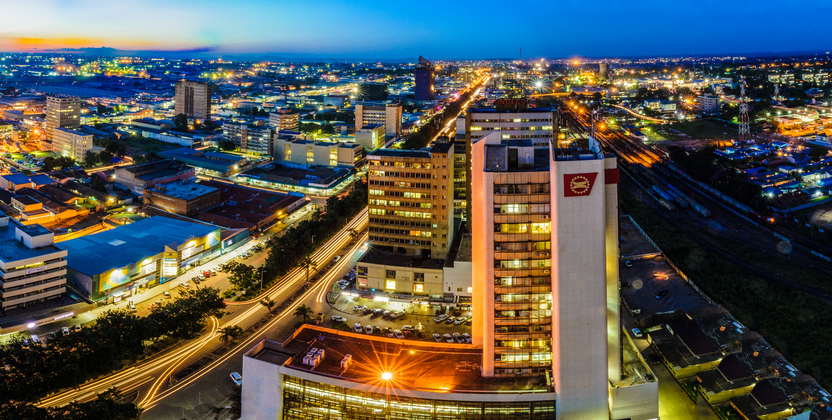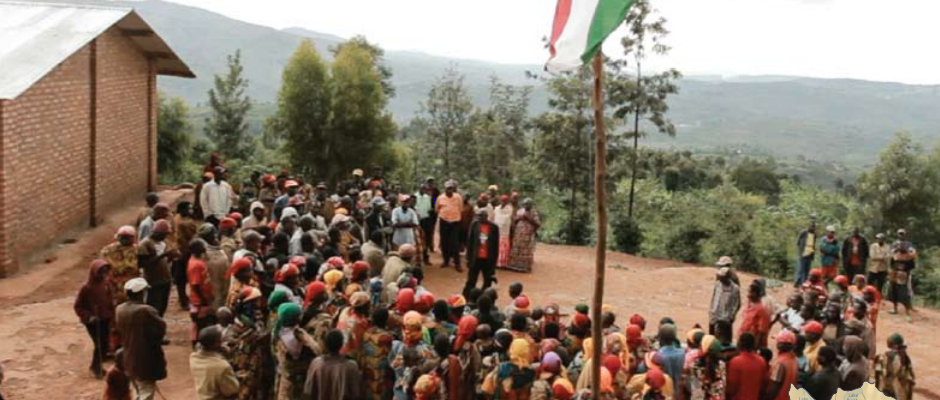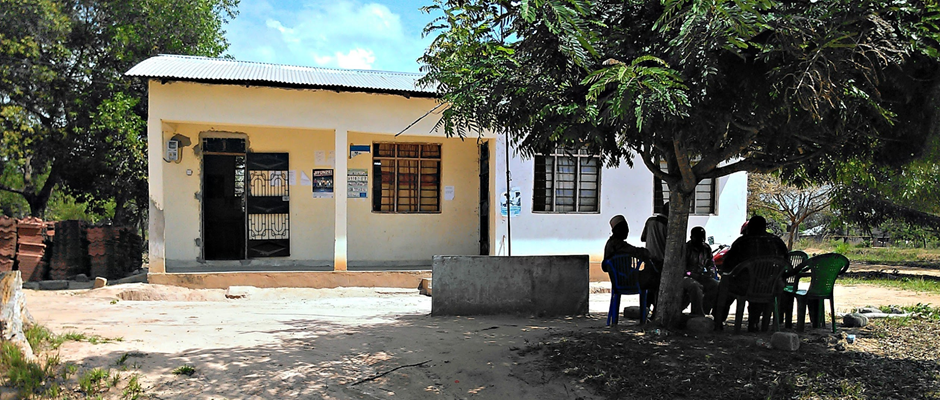
The decentralization reform process in Zambia has raised citizen expectations towards their participation in local democracy and development. However, a sense of mistrust has arisen among most citizens about the performance of the local governments in Zambia. Local governments are widely criticized and blamed for poor service delivery, even those functions to be performed by central Government. Proponents of decentralization agenda have argued that local government is the frontline of local democracy and development by which citizens must have the greatest opportunity to be engaged actively and directly in decisions affecting their well-being. Opponents of decentralization have contested that with the current institutional capacity of most local governments in Zambia, decentralization by whatever form is an exercise in futility because the local governments have not recovered from the hangover of the one party state system of local government.
It is evident that decentralization is a key policy issue for Zambia though is not the panacea for local democracy and local development. Across the globe, many local governments are becoming more responsible for the social service delivery system. Opinion differs as to the type of decentralization reforms and is a matter in which citizens’ appears so skeptic because of the perceived pitfalls of decentralization. However, the dominant view is that the decentralization process is good for citizens’ participation as it enhances local democracy and local development. Of course it is not the answer to resolving the many challenges of institutional reforms because decentralization is a process and not end itself.
Read the full paper:
Jimmy Chulu-. 2014. Local Government Reform: Is it a key to a functional Decentralized Government in Zambia? Journal of Local Government Studies
Volume 1, No. 3, December 2014.



